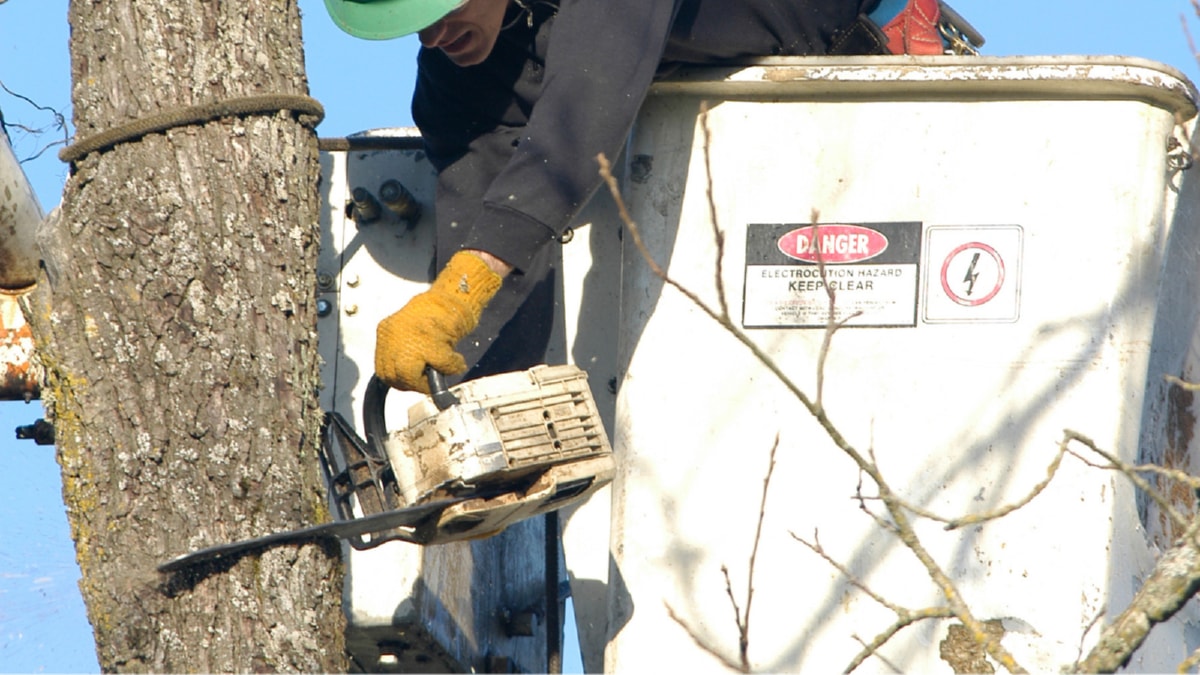Understanding the Basics great of Construction Management Practices
The world of durable building and construction is complex and multifaceted, often requiring the expertise of a myriad of professionals to bring a project to life. Among these experts, the role of construction management is paramount. This article seeks to decode the fundamentals of construction supervision techniques, providing a comprehensive guide for those interested in this critical industry sector.
At its core, construction supervision involves directing and supervising a construction project from inception to completion. It encompasses various key elements, including contract administration, and much more. Each of these aspects is integral to the successful execution of a construction project.
Project management planning is the cornerstone of construction administration. It involves the development of a detailed plan outlining every phase of the project, from pre-construction and design to the final completion and handover. This plan serves as a blueprint for all project activities, facilitating effective synchronization of resources and ensuring that all project objectives are met within the stipulated timeframe and budget.
Cost management is another crucial aspect of construction management practices. This involves rigorous budget planning and financial tracking to ensure the project stays within its financial constraints. A successful construction manager must be adept at projecting and controlling costs, managing contracts, and mitigating financial risks.
Quality management is central to any construction project. It involves implementing procedures and standards that guarantee the construction project’s quality aligns with the client’s expectations and complies with all relevant building codes and regulations. Quality management also ensures that all work is performed to the highest professional standards, resulting in a final product that is both durable and aesthetically pleasing.
Contract administration is another vital aspect of construction administration. In this role, the construction manager is responsible for negotiating contracts with subcontractors, suppliers, and other parties involved in the project. This involves ensuring that all contracts are fair, legally sound, and beneficial to all parties.
The final, yet strong equally important, aspect of construction management practices is safety management. The construction industry is inherently risky, and safety management practices are crucial to mitigate these risks. This involves implementing and enforcing safety protocols and guidelines, conducting regular safety inspections, and ensuring that all workers are adequately trained in safety procedures.
In conclusion, grasping the essentials of structural supervision techniques is crucial for anyone involved in the construction industry. These practices are integral to ensuring the successful execution of construction projects, guaranteeing the quality of the work, and maintaining the safety of all workers involved. By mastering these fundamentals, construction professionals can ensure their projects are completed on time, within budget, and to the highest standards of quality and safety.
For more details, check best Kerbing service Kildare Galway Limerick Mayo Offaly or visit their business listing here.



